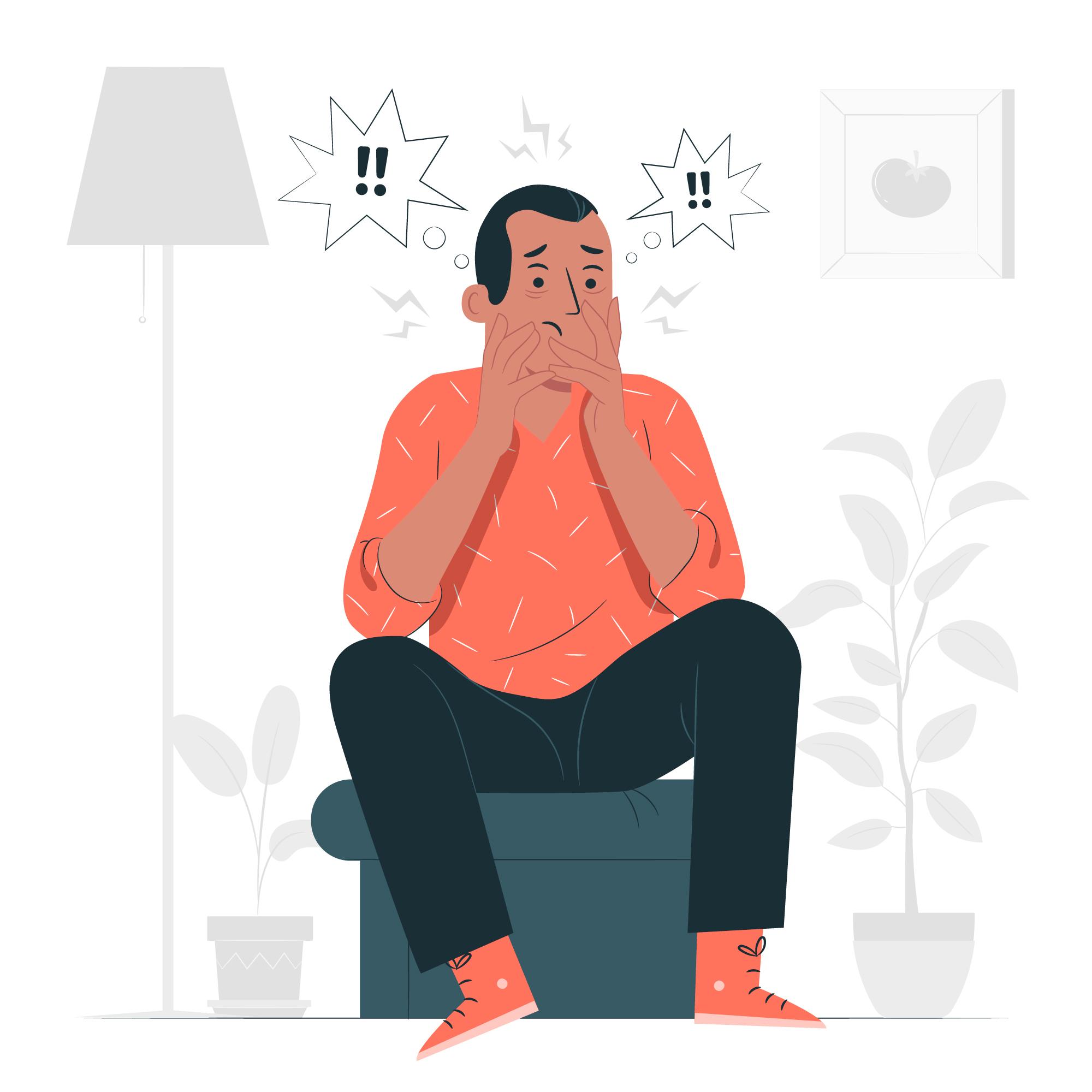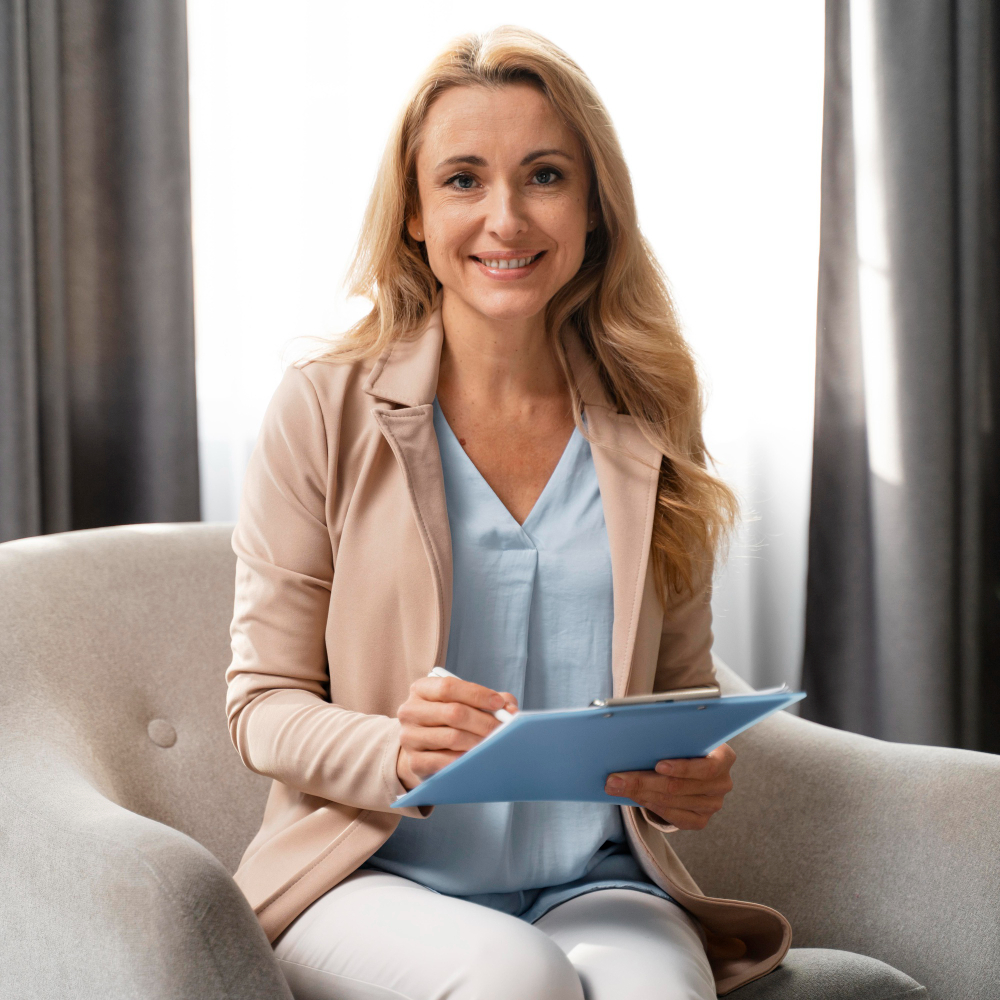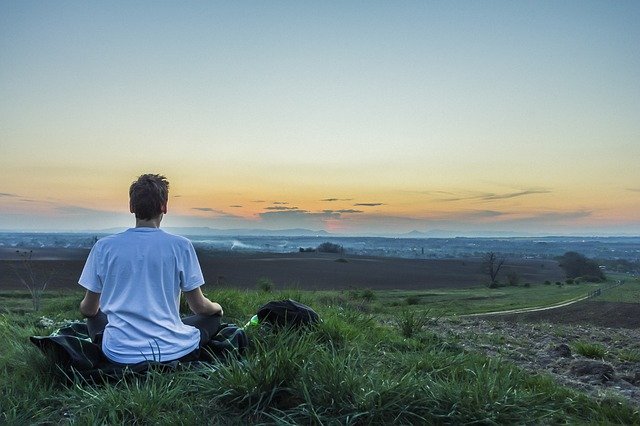
What is Agoraphobia?
Agoraphobia comprises two words of Greek origin. “Agora” means “open or public space” and “phobos” means fear. Thus, agoraphobia is a type of anxiety disorder that refers to the fear of open or public spaces, where you feel you won’t receive any help or can’t escape.
If you experience agoraphobia, you may feel helpless and trapped in public spaces or in crowds. You may feel like there would be no one to help you if something happens to you. You may also feel like you will lose control in public spaces.
Eventually, to avoid these overwhelming fears, you may avoid public spaces. You may also avoid going out of your house. This can negatively affect your personal relationships, work, or school.
Agoraphobia is a scary, difficult experience for those who go through it. Yet, people many people are unaware of this disorder and its connection to panic attacks. This article explores this relationship between agoraphobia and panic attacks. We talk about why it is important to identify agoraphobia, and the consequences of neglecting it. We will also guide you through some ways through which you can manage agoraphobia.
Symptoms of Agoraphobia
Agoraphobia is a form of anxiety disorder. Therefore, when you think about or visit public or open spaces, you may experience extreme anxiety. Agoraphobia symptoms often overlap with symptoms of anxiety and a panic, making it difficult to make sense of. If you are experiencing agoraphobia, you may notice the following symptoms when you are in, or imagine being in open, public spaces:
- Fear of losing control in a public space
- Fear of not receiving help when needed
- Fear of being trapped in a public space
- Fear of being away from home
- Fear of being in crowded and open spaces
These fears can be suffocating and overwhelming for you. As a result, you may experience feelings of anxiety and panic.
Sometimes, the fear can be extreme, and can result in a panic attack. Due to the persistent and extreme anxiety, you may begin to avoid stepping out of your home. Going out alone to do everyday tasks can seem terrifying without a companion. And thus, you may spend most of your time at home as your fear holds you back.
What Are The Common Triggers For Agoraphobia?
There is a misconception that agoraphobia happens only in public spaces. There are other situations that can trigger agoraphobia as well. Agoraphobia manifests often in places such as:
- Shops, theaters, malls, hospitals, restaurants
- Public Transport
- Crowded Spaces
- A line or queue
- Enclosed spaces such as elevators or cubicles
These situations can trigger a panic attack, or can cause anxiety symptoms like shaking, sweating, nausea, rapid heartbeat, and shallow breathing. In a world that constantly requires you to step out of your home to get tasks done, it may be difficult for you to manage things like school, work, travel, or visits to the hospital.
What Is The Relationship Between Agoraphobia And Panic Attacks?
There is a strong relationship between agoraphobia and panic attacks. Agoraphobia can often arise as a result of repeated panic attacks. Experiencing frequent panic attacks, especially in public spaces, can make you fear having a panic attack in public again.
You may worry about not receiving help, or losing control in public. These fears can bring up feelings of helplessness and embarrassment. Sometimes, the fear of having a panic attack in public can be intense enough to trigger another panic attack. This creates a vicious and endless cycle.
Therefore, the anxiety about having a panic attack becomes even more difficult to manage than the actual panic attack. You may become highly sensitive to any situation that could potentially lead to another panic attack.
This sensitivity can make you avoid being in public spaces, thus leading to agoraphobia.
The core of agoraphobia and panic attacks are anxiety. It is therefore important to handle the underlying anxiety in order to manage the symptoms of the anxiety disorder. Working with the anxiety and its root cause will subsequently reduce the panic and the agoraphobia.

Are your anxieties holding you back?
Counseling can be a great tool for you to manage and overcome agoraphobia and lead a happy, stress-free life.
We are here for you.
Managing Agoraphobia
Treating Agoraphobia and other anxiety disorders have a lot to do with regulating the nervous system, and addressing the underlying anxiety. But, How do we regulate our nervous system? Some of the best ways to do this is to:
- Adopt a self-care practice: Incorporate meditation, mild exercise, and mindfulness into your everyday life. These practices can reduce your stress levels, heart rate, and release happy hormones into your body. They are simple, yet effective, ways to heal from within and manage your anxiety.
- Go for Therapy: Therapy is a great way to seek professional guidance to manage agoraphobia. Therapists can work with you to understand the underlying patterns of thinking that contribute towards your fear of public spaces.
The ideal way to treat agoraphobia would be a combination of a good self-care and self-help regime, counseling, and medications, if required. By using these techniques and with time, you will be able to manage agoraphobia and lead a joyful life.
Counseling And Therapy For Agoraphobia
At Inner Space, we believe that managing agoraphobia requires a multi-dimensional approach. Therefore, our therapists help you observe the underlying patterns of negative thoughts and beliefs, and regulate your nervous system and body through relaxation and somatic therapies.
It is important to find the right therapist to help you through an anxiety disorder, such as agoraphobia. Going for counseling can help you learn ways to manage everyday stress and reduce symptoms.
Anxiety disorders can be a tough experience to go through. However, with the right support, you can manage agoraphobia and live your life with ease.
Self-Help Techniques For Agoraphobia
There are numerous self-help techniques you can do by yourself to manage some symptoms of agoraphobia. Performing these techniques, along with therapy and/or medication, can improve your ability to manage the uncomfortable sensations and emotions caused by agoraphobia.
The techniques listed below are simple, effective, and can be easily done by yourself. We have also added some of our free resources which you can use for each of these techniques.
- Practice Mindfulness Meditation: Mindfulness Meditation is the practice of bringing awareness to the present and the sensations within you. Often, anxiety causes us to spiral down into a pit of negative thoughts. Mindfulness helps us to observe our thoughts without judgment, and remain present. When anxiety pulls us to the past or future, mindfulness meditation acts as an anchor to keep us in the present.
If you are interested to learn more about Mindfulness Meditation, you can start with our free E-book: First Few Steps to Mindfulness by our Founder, Sadia Saeed.
- Learn the right way to breathe: Breathing is an underrated tool to manage anxiety. Focusing on breathing correctly can help us stay in the present and can help us feel calm. Diaphragmatic breathing is a breathing technique that you can use to manage anxiety.
If you are interested in learning Diaphragmatic breathing, you may check out this video on Diaphragmatic Breathing on Youtube.
- Practice Grounding: Grounding techniques are ways to help our body stay grounded and present. Anxiety can cause our body and mind to feel out of balance and less focused. Connecting with our environment and the ground beneath us can help us feel more centred and relaxed.
We have curated a playlist on how to manage Emotional Overwhelm using Grounding. Please click here to access the playlist.
- Practise Slow Yoga with Conscious Breathing: For ages, Yoga has been regarded as a great tool to manage stress, anxiety, and other mental and physical concerns. Practising yoga mindfully and slowly can also act as a great way to relax and slow down your body.
- Eat and Sleep Well: Research has shown the impact of our nutrition and sleep on our mental health. Eating a well-balanced, nutritious diet and having 6-8 hours of sleep every night can help in reducing the inflammation and reduce the level of cortisol (stress hormone) in the body, which can help you manage anxiety.
Agoraphobia is a complex, but not an untreatable condition. It can cause severe distress and discomfort in those experiencing it. If you are experiencing agoraphobia, you must know that it is a manageable condition with the right support, interventions, and lifestyle changes.
With these shifts and with time, you can feel less restrained by your fears and lead a comfortable and happy life.
If you are interested in booking an appointment with us to manage agoraphobia, please click here.
Frequently Asked Questions
Agoraphobia can manifest differently in different people. Some people may notice their symptoms have gone completely, while some may continue to experience the symptoms in varying intensity. However, with early intervention and having healthy coping skills can help ease out the intensity of agoraphobia symptoms.
Agoraphobia cannot be prevented. But, it can be managed with early intervention, counseling, lifestyle changes, and having healthy coping skills in place.
While medications do help in managing certain symptoms of anxiety, many people do not require them. They can manage their symptoms without medication by going for therapy, using self-help and stress management strategies, and having a healthy lifestyle.
About the Author
This article was written by Parvathi Ganesan, Counselor at Inner Space. This post was consulted & approved by professional therapists practicing online therapy and counseling.
Ask a Therapist
If you are interested to know more about agoraphobia and other mental health topics, ‘Ask A Therapist’ is a platform for you to ask your questions related to Mental Health, Mindfulness & Emotional Well-Being to our team of qualified Therapists.




